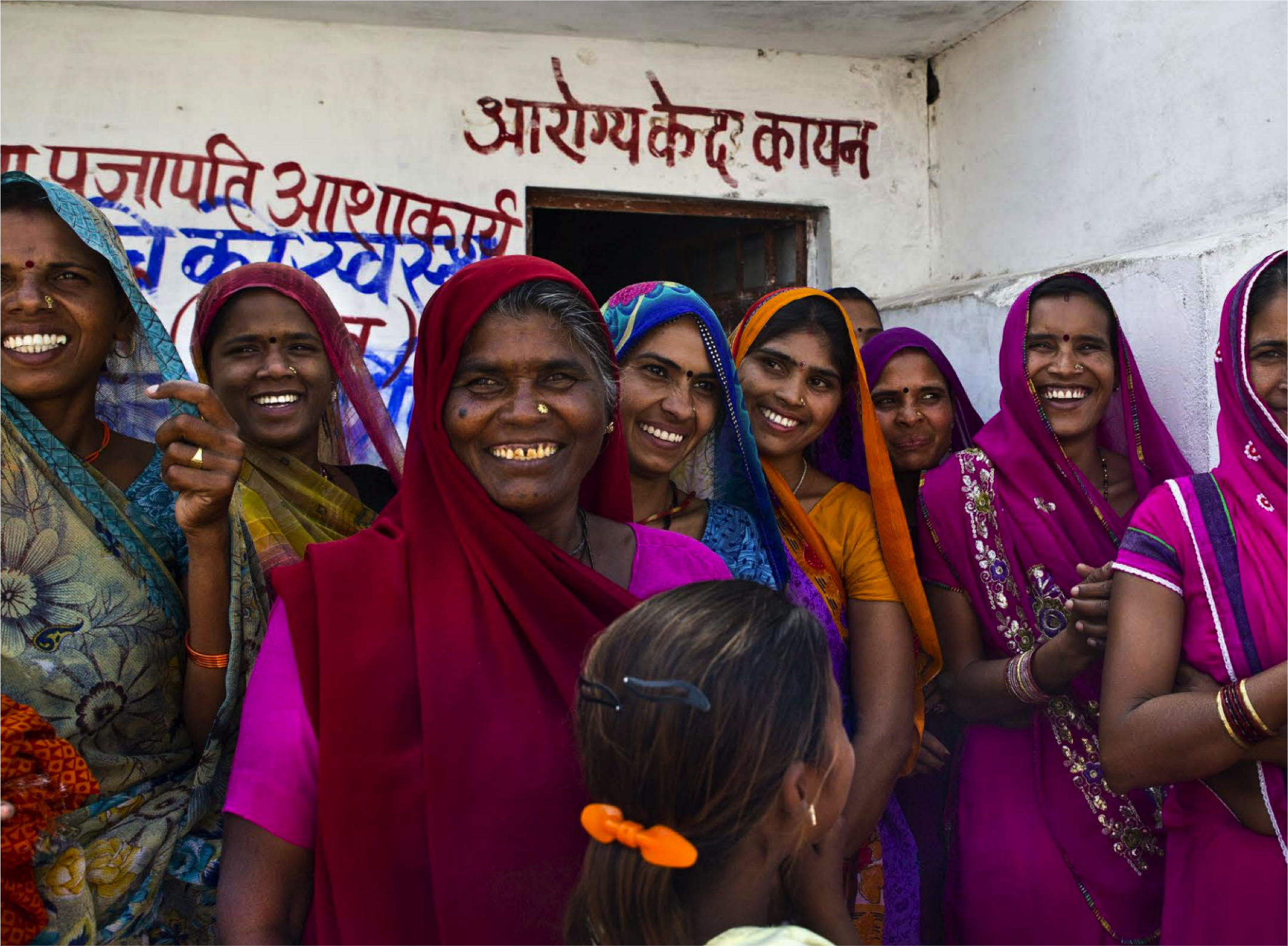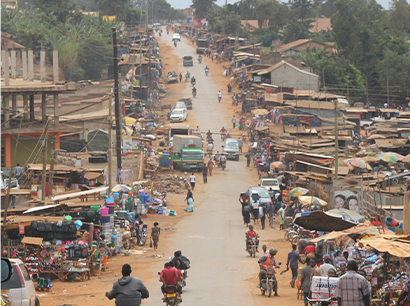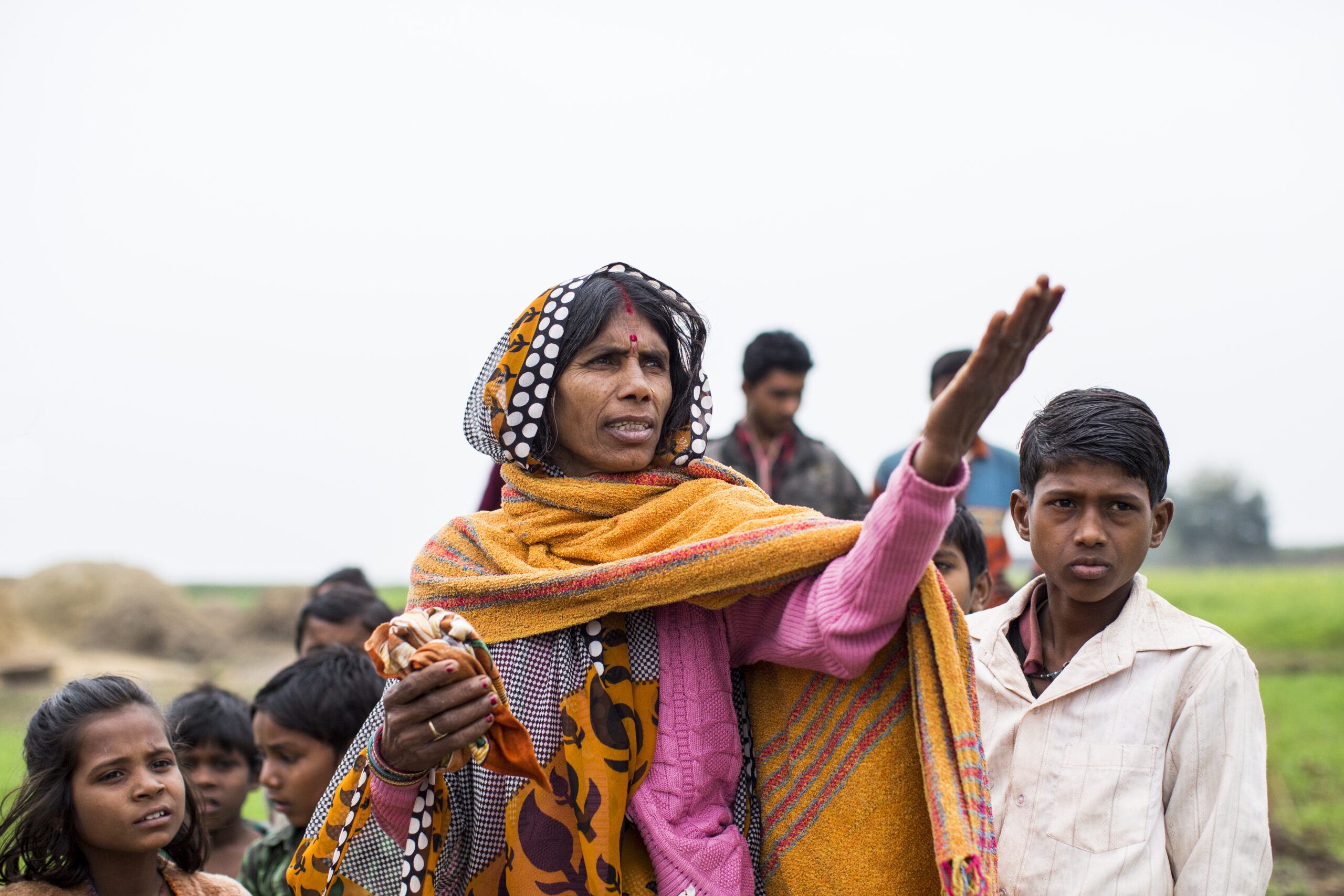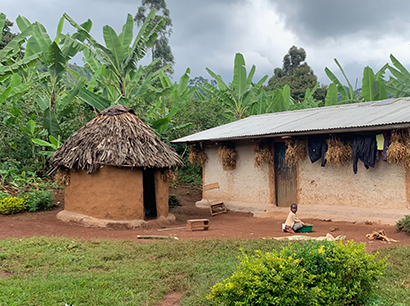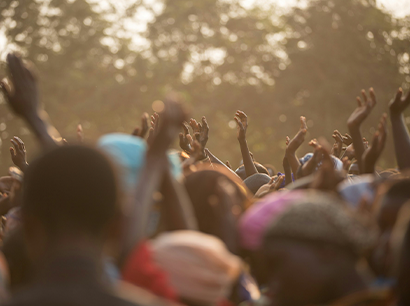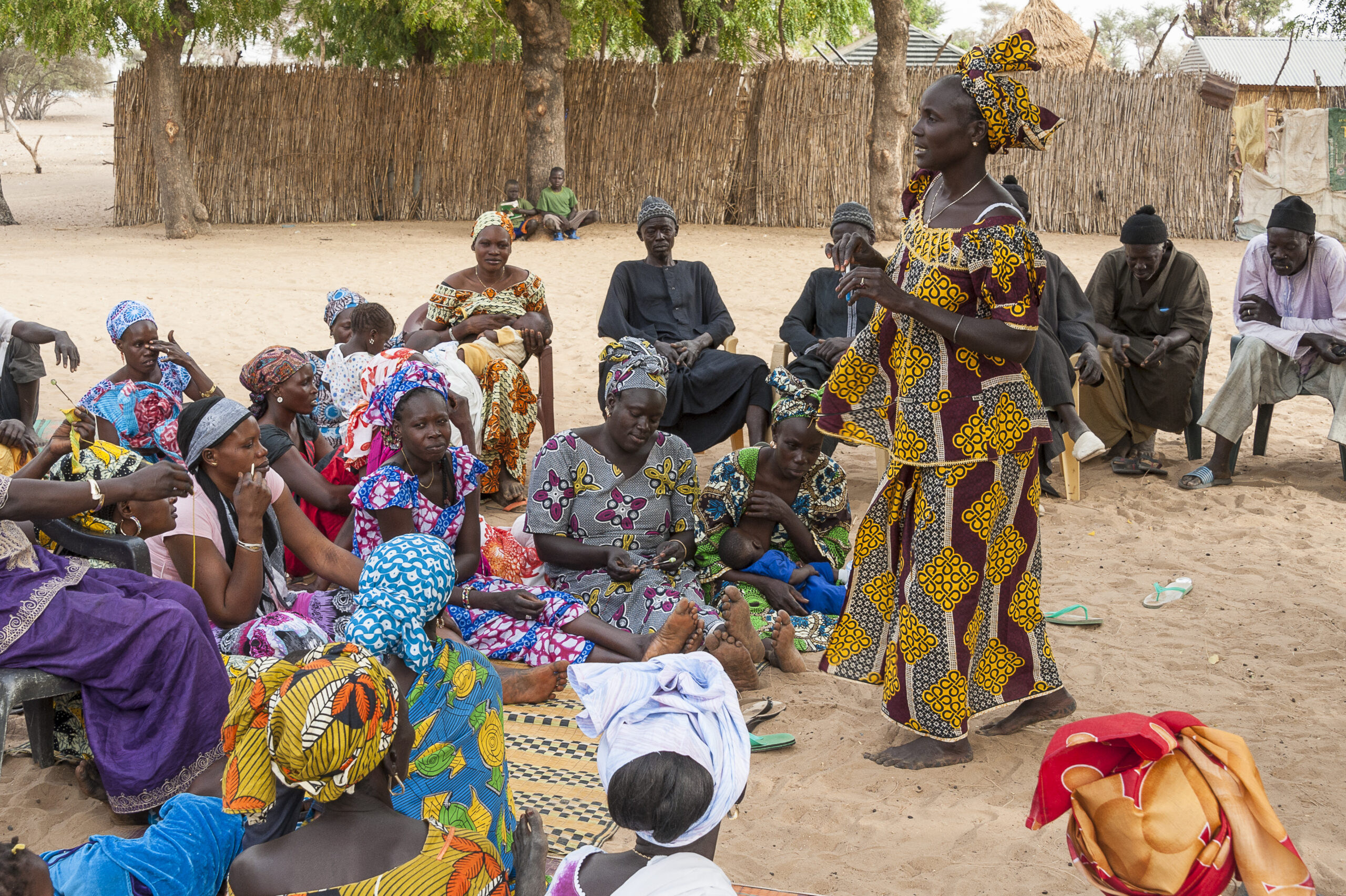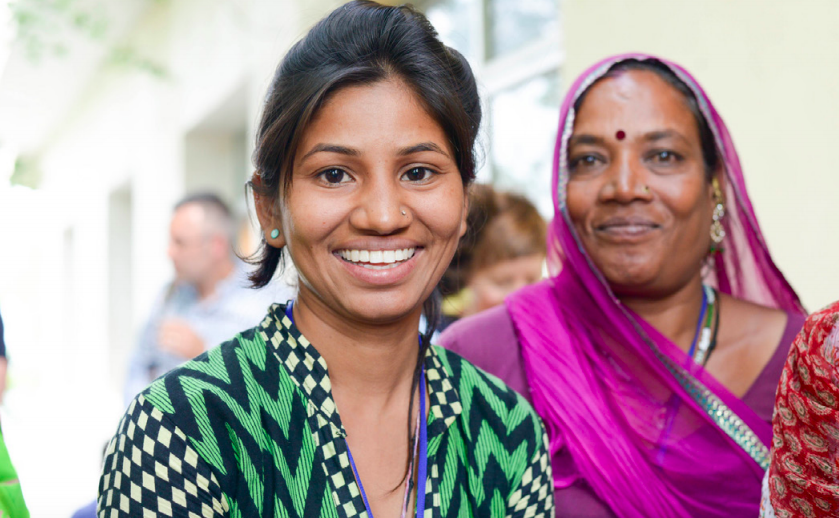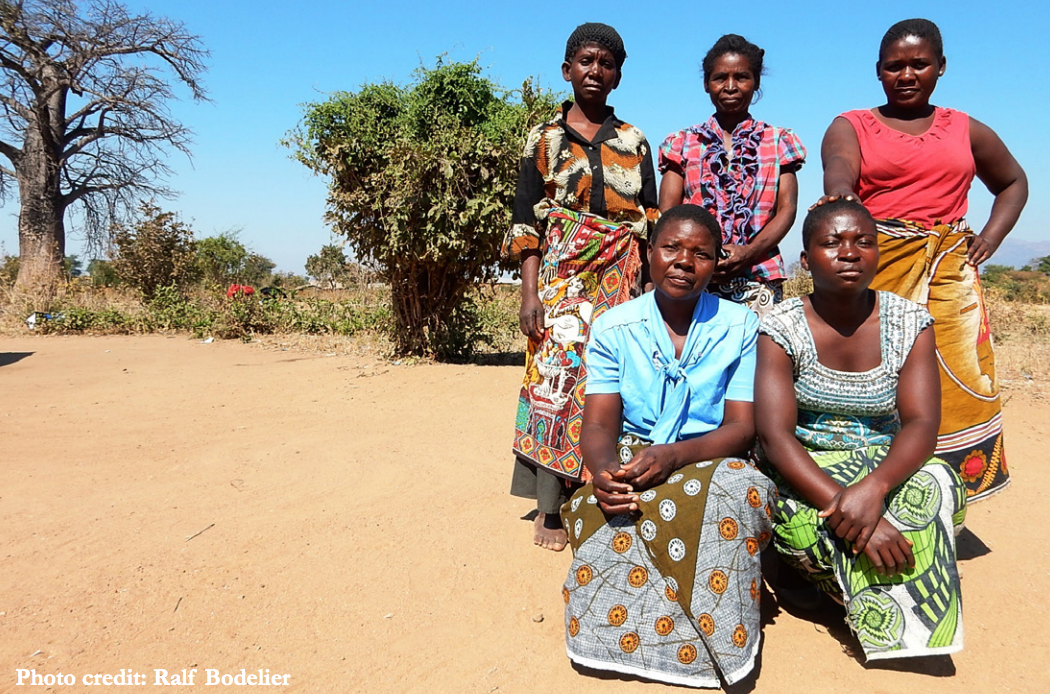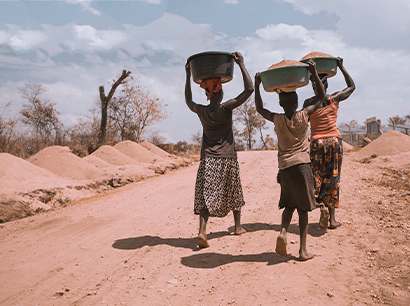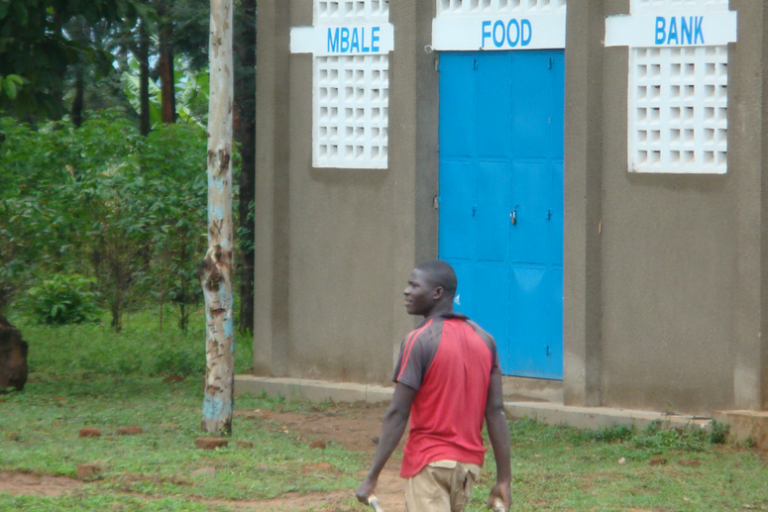Women’s roles as village council (Panchayat) leaders are transforming the way people live in India. Although they often have much adversity to overcome – due to social conditioning and attitudes around gender – women are emerging as powerful leaders motivated by a desire to provide better lives for their families and communities.
When women are empowered with skills and knowledge, they act as change agents – creating opportunities to improve life and participate in the positive development of their community. The training they receive through our programs allows them to realise their full potential and instils the confidence required to approach local governments with authority. As such, they develop voices that are heard in public forums and generate the support of the people.
Through the Panchayat, they interact with people who can assist them in creating the changes they prioritise, such as –
- Ensuring all children (particularly girls) have access to an education
- Ensuring quality healthcare is available and accessible to all
- Installing clean water systems and sanitary facilities to meet basic human needs
- Addressing violence and inequality against women – so that all may live to their fullest potential
Elected women, like Geeta (pictured below), carry with them a deep sense of pride and responsibility to act in the best interests of all. By taking time to speak with people in their villages – including those previously left out of the development agenda – they find out what is truly wanted and needed and act on it.
“I draw determination from my heart, from within…I feel I’m not a regular woman – I’m a special woman! I am proud to be elected as the President of my local council area. I won by 1,500 votes because I took the time to speak to people in my community about what they wanted.” – Geeta Rao – An Elected Woman Representative trained by The Hunger Project in India.

